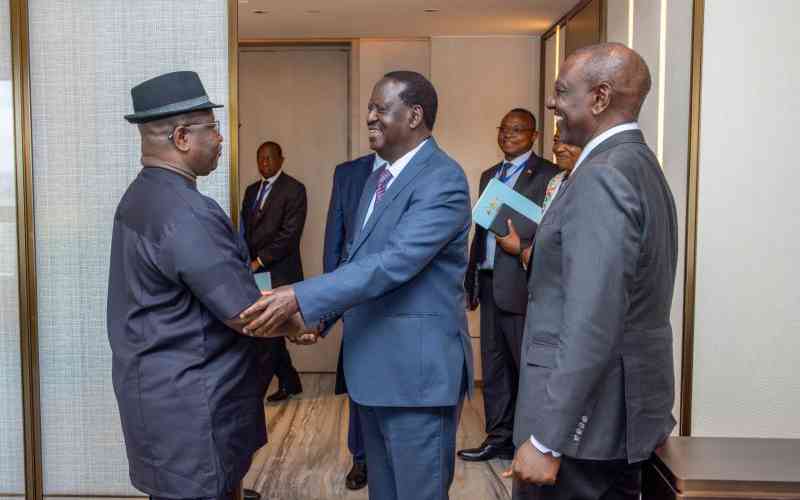
As Africa faces a rapidly shifting global landscape marked by economic uncertainties, social challenges, and climate crises, a visionary leader must lead the African Union Commission (AUC). Raila Odinga, with his extensive experience and deep-rooted associations across the continent, presents a compelling agenda for Africa-a vision that harnesses the potential of its youthful population, prioritises inclusive economic growth, and champions Pan-African unity.
His policies are tailored to address the pressing challenges of unemployment, education, healthcare, and digital transformation, all while empowering the continent's youth and advancing gender equality. Through his international, continental, and regional networks, Raila's leadership will bring a cohesive and strategic approach to drive Africa's growth.







